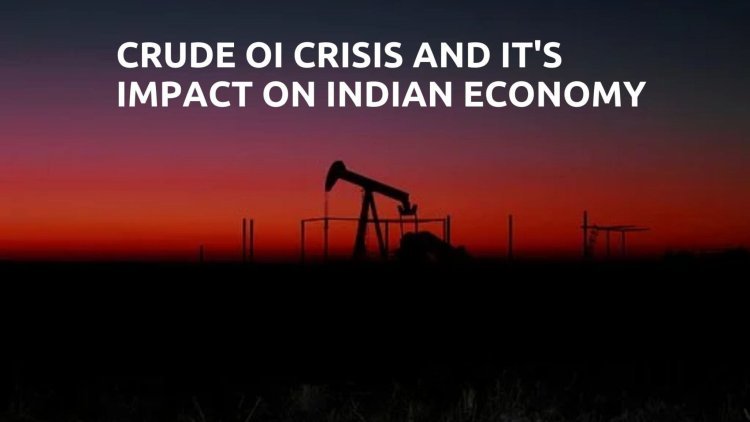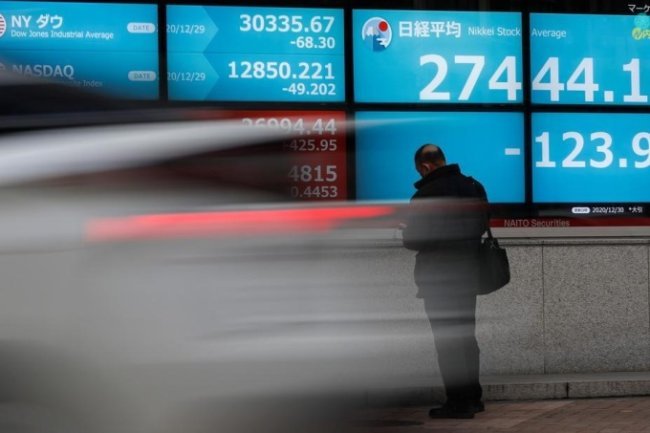Indian Government Faces Choice Between Revenue Boost and Consumer Relief Amid Falling Oil Prices

Indian Government Faces Choice Between Revenue Boost and Consumer Relief Amid Falling Oil Prices
The recent significant drop in oil prices presents a strategic opportunity for the Indian government to enhance its finances while potentially easing the burden on consumers through moderate reductions in petrol and diesel prices. A report by an investment banking firm indicates that this dual approach could alleviate inflationary pressures in the economy.
As oil prices decline, the government has the option to increase excise duties, capitalizing on the lower import costs. This could be viewed as a financial advantage for the country. The report notes that the government must determine the extent to which these savings will be passed on to the public through decreased fuel prices.
Estimates suggest that crude oil prices could see a reduction of nearly Rs 9 per litre between September 2023 and March 2024. Since the last adjustment in fuel prices in April, the cost of oil has plummeted by 20%, allowing fuel retailers to enjoy expanded profit margins. Analysts propose that the government could tap into these financial gains.
The report projects that the government could experience an increase in revenue of approximately Rs 110 billion for every additional rupee earned by oil companies from petroleum products. This could potentially amount to about Rs 1 trillion annually, or roughly 0.3% of the GDP, providing a much-needed recovery of revenue lost over the previous two years when excise duties were reduced to alleviate consumer hardship during rising energy costs.
Should the government choose to pass on some of the savings to consumers, the impact on inflation could be substantial. Petrol contributes 2.19% to the Consumer Price Index (CPI), while diesel, primarily utilized for industrial applications, has a weight of 0.15%. A reduction of Rs 5 per litre in fuel prices could lead to a 5.5% decline in the fuel index, resulting in a 14 basis point direct drop in inflation, along with an indirect reduction of approximately 14 to 15 basis points in the subsequent months.
Given that India imports around 80% of its oil requirements, the report estimates that a 20% decrease in crude oil prices could yield annual savings of roughly $13 billion for every $10 per barrel drop. This would bolster the nation's external finances, especially as the Reserve Bank of India has already amassed $67 billion in foreign reserves in 2024 alone.
Currently, Brent crude prices have fallen to $70 per barrel—the lowest since December 2021—marking a 20% decline from the April peak of $92 per barrel. The report also highlights that increased imports of discounted Russian crude have contributed to the reduced energy costs for India.
As the government considers its next moves, the decision will have far-reaching implications for both fiscal health and consumer welfare in the country.
Click Here to Visit
What's Your Reaction?
















